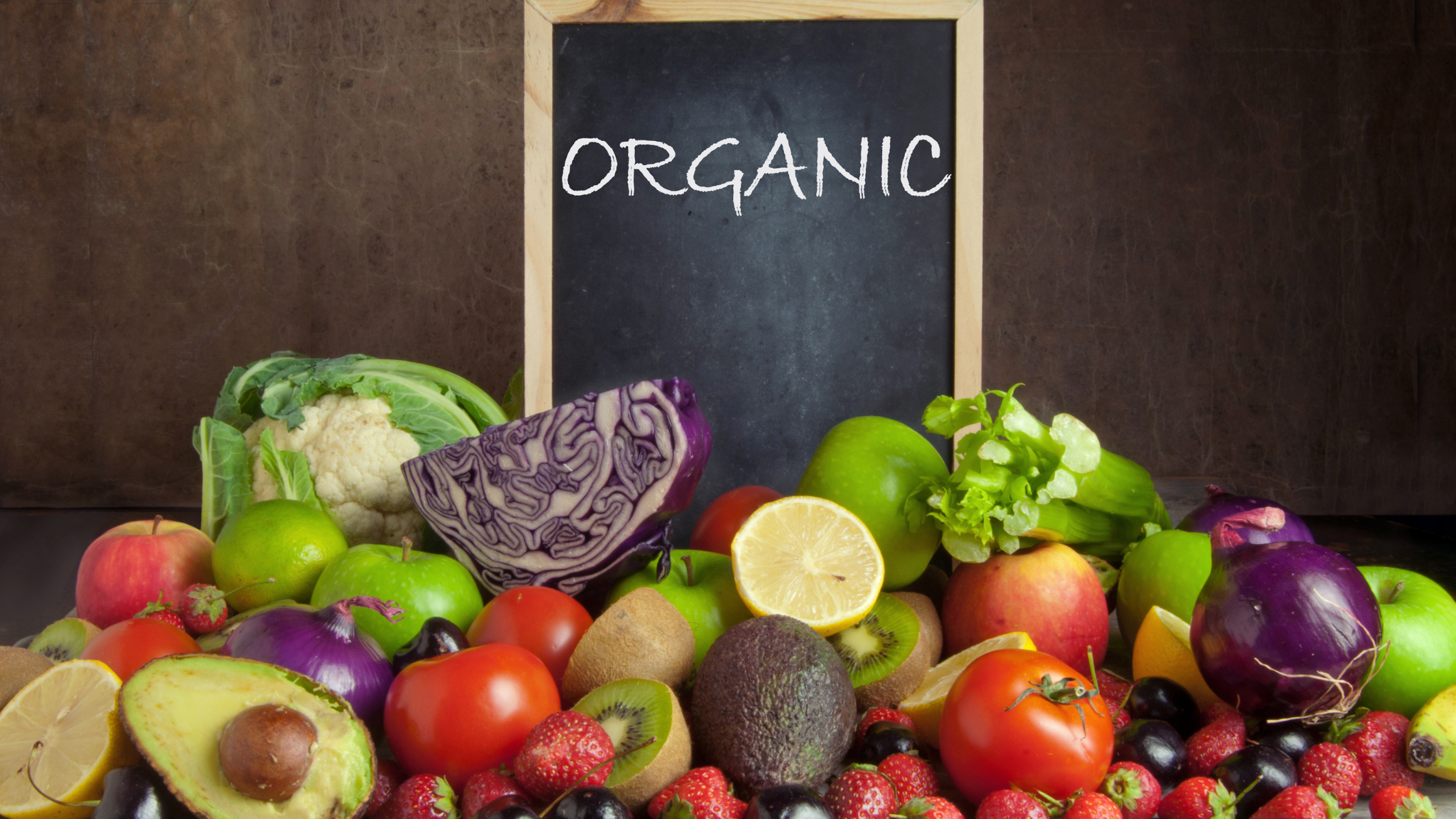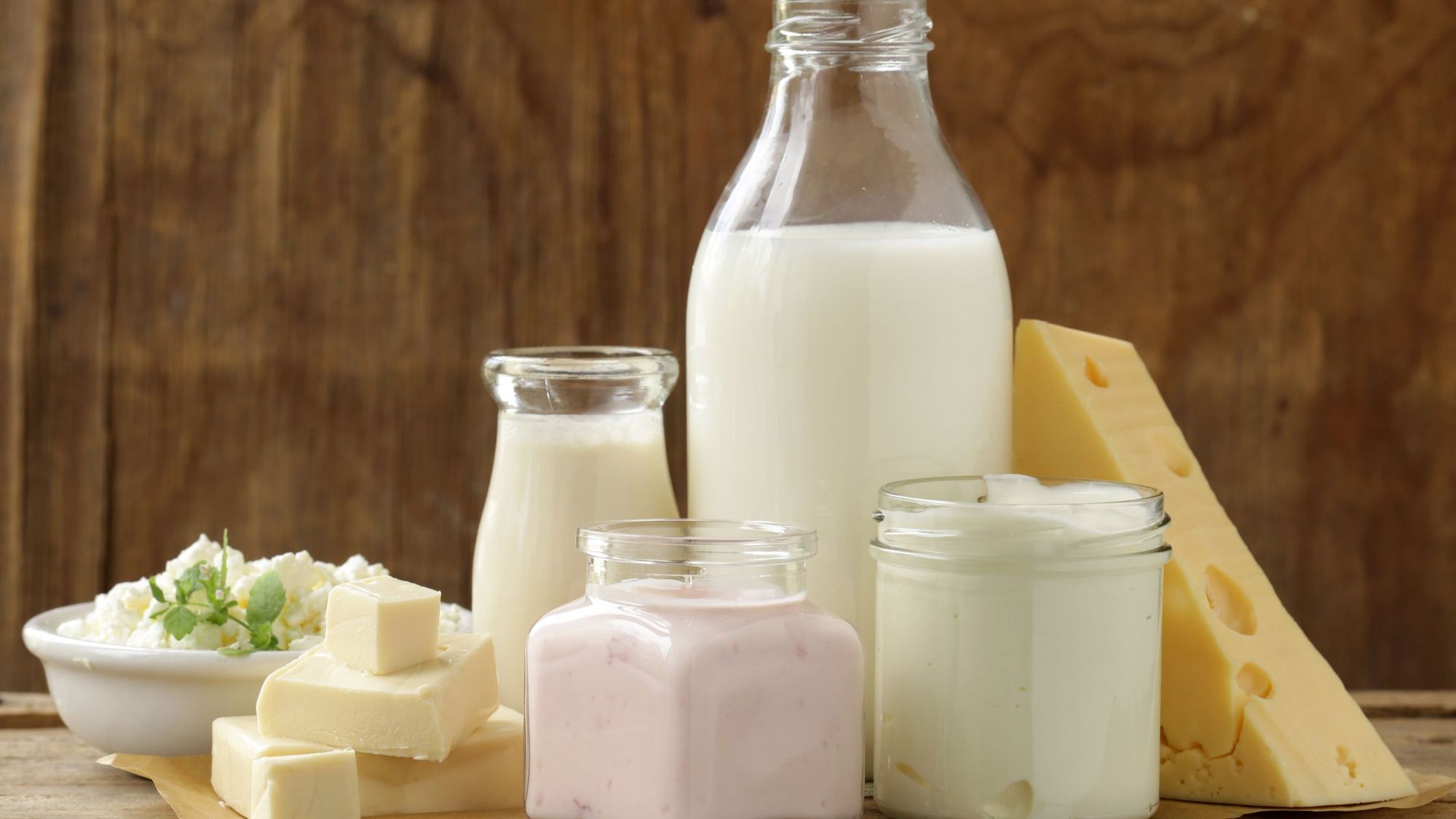
Are organic foods healthier? This is a popular question that has been the source of debate for many years. There are many people who claim there’s nothing healthier than an organic diet, and others state that it’s overrated and just another way for stores to charge more money for the same food. There’s a little bit of truth to both of these statements, and the organic market is not a simple one.
The truth is, organic food does not contain more nutrients than non-organic foods. While many media outlets might market it as such, this is simply not the case. Instead, eating organic has a lot to do with being more eco-friendly, avoiding pesticides and chemicals, and enjoying food that, quite honestly, tastes better.
That being said, avoiding those chemicals could be ideal for your health.
Some people are especially sensitive to chemicals and pesticides, and it’s possible to be genetically more sensitive to pesticides.
So, are organic foods healthier overall? And are they worth the extra money they cost? In this article, I’ll go over some research I came across when I educated myself on, are organic foods healthier than non-organic alternatives, and I’ll also provide my opinion on are organic foods healthier. Let’s take a look at some of my research, and some of the pros and cons of eating organic foods instead of non-organic foods:

Are Organic Foods Healthier? What Does it Mean to Eat Organic?
When we talk about eating organic, it’s in reference to the way in which food is grown. Typically, organic food such as organic produce is different from standard crops in the sense that they do not use pesticides and herbicides that are synthetic in nature, and the same goes for fertilizer. Even weeds and pests must be controlled using natural methods and without the use of chemicals.
In terms of livestock, they must have access to the outdoors to improve their quality of life. Their feed must also be organic and free from hormones and GMOs. Many organic chicken breasts for sale, for example, are also free of antibiotics.
Furthermore, many conventionally raised livestock are given hormones in their feed to speed growth, which is unnatural and unhealthy for the animals in question. Additionally, disease prevention is also entirely natural.
Are organic foods healthier than non-organic by a long shot? While there are plenty of stories out there that spin a tale of organic food being healthier than conventionally farmed food, studies have shown that this is simply not true. From a nutritional standpoint, there is no difference in terms of nutritional value.
The laws and rules surrounding organic farming tend to vary between countries, but the basic rules remain the same across the board. While GMOs are another topic of hot debate across the scientific and agricultural community, their absence from organic farming is paramount to the way the process works (and GMOs are a discussion for another day).
Organic Fruits and Vegetables vs Non-Organic Produce
The main difference here is in the taste, texture, and lack of pesticides used during the farming process. Organic fruit and vegetables tend to have a more natural appearance because they have not been genetically engineered or modified to meet specific visual expectations (a prime example being that carrots are now typically orange instead of their natural purple). Ugly fruit is delicious!
Organic fruits and vegetables are also often juicer and fuller, and while you will find that the shapes and sizes can be a little odd, you might also experience more intense flavors. However, the price can be an issue, and you don’t always have to buy organic produce to have a healthy and balanced diet – some have higher pesticide levels than others in farming.
It’s important to be aware of which specific types of produce are worth buying organic due to the higher pesticide levels in farming.
Fruits and vegetables that you should try to buy organic to avoid pesticides include:
- Apples
- Grapes
- Spinach
- Sweet Bell Peppers
- Hot Peppers
- Potatoes
- Collard Greens
- Nectarines
- Peaches
- Strawberries
- Cucumbers
- Celery
- Summer Squash
- Tomatoes
Outside of this list; you don’t have to worry as much about the pesticide levels in the conventionally grown fruits and vegetables that you buy. That way, you might save a little money (and we all know how tight this economy is).

Organic Dairy Products vs Non-Organic Dairy Products
Organic dairy has many of the same benefits as when you buy organic meat. It’s a farming method that provides a better quality of life for the animal and also ensures their diet is free from chemicals and hormones. But more than that, dairy is one of the few organic products that does tend to contain more nutrients than its conventional counterpart.
Organic milk, for example, has more omega-3 (a fatty acid that is essential for good brain health) compared to conventional, non-organic milk. The pastures that organic cows are left to graze in also encourage the growth of wildflowers, promoting healthy pollination and increasing bee populations. Other than that, organic dairy tends to taste that much better, and you’ll notice a difference.
Organic Meat vs Non-Organic Meat
A lot of this comes down to farming practices and the impact it has on the environment. We all know that livestock plays a large part in contributing to harmful emissions that contribute to global warming. However, there is more to organic farming than lowering the carbon footprint.
While eating animals is a largely natural part of being human, it doesn’t mean that they lack emotions or sentience. Organic livestock is allowed to live a free and natural life where they have access to grazing fields and open spaces so that they can live life normally and not be cramped inside a barn that can barely house them.
It’s about providing a better quality of life. The meat you get as a result of this is often more tender and tastes incredible compared to conventionally farmed meat. It’s not just the lack of hormones and chemicals, but the fact that they live a stress-free life leads to soft meat that naturally contains less salt due to the lowered stress levels.
Organic Tea and Coffee vs Non-Organic Tea and Coffee
Once again, this is all about the pesticides and the growth methods being used to grow tea and coffee. They remain the same at their core, but there are some fundamental differences to be aware of. The debate of organic vs non-organic tea is one that is a little more heated than coffee.
There are some who feel that organic tea lacks the vastness of flavour that accompanies conventionally grown alternatives. Since the fertilizers used can influence the flavours, colours, and intensity of the tea, there are some teas that can only be grown using chemical accompaniments. However, others would argue that organic tea is deeper and richer.
When it comes to organic coffee, the consensus is more balanced. Organic coffee is commonly regarded as much healthier than non-organic coffee, so if you’re wondering, Are organic foods healthier than non-organic? Know that coffee should probably be bought as organic.
To grow their coffee beans, organic farmers use a much less toxic method and the soil used to grow it is not full of toxic chemicals. Organic coffee also has more micronutrients such as magnesium, potassium, B vitamins, and other healthy minerals.
When you drink coffee made from organic coffee beans, you aren’t consuming the artificial chemicals such as pesticides, herbicides or other harsh fertilizers.
Many would also agree that organic coffee has a much bolder flavour and that it also tends to be stronger than conventionally grown coffee. Furthermore, organic coffee and tea often work in combination with Fair Trade laws, providing farmers with fair wages so that they can support their families properly.
The Pros and Cons: Is Organic Better?
When you choose to eat organic, you gain the following benefits:
- Supporting the environment through eco-friendly farming
- Food that tastes better and has a better texture
- No hydrogenated fat, which is good news for your heart
- No chemicals and pesticides in your food (but you still have to wash it).
On the other hand, there are cons that come with organic food, such as:
- Eating organic tends to cost a lot more
- Technically, some chemicals are allowed to be used in organic food
- Organic food spoils faster as there are no preservatives
- The risk of E. coli is very real and organic food is not safer
Organic isn’t necessarily best, and you can still get the most out of healthy foods without needing to buy non-conventional ingredients.
Are Organic Foods Healthier Than Non-Organic? The Bottom Line
Are organic foods healthier? It turns out that for most foods, organic options aren’t much different than conventionally farmed foods. However, certain foods mentioned in this article are better eaten organic.
The main difference with organic is that it’s more expensive, but you also get a richer taste and texture when compared to standard foods, and you’re not exposing yourself to toxic chemicals. Additionally, there is peace of mind knowing that you’re supporting eco-friendly farming methods and animal husbandry.
Are You Genetically More Sensitive to Pesticides Used on Non-Organic Foods?
An at-home DNA test from CircleDNA can tell you a lot about the ideal diet plan for you, based on your genetics, as well as your genetic sensitivity to pesticides. You’ll find out if a low-carb or low-fat diet works best for you, based on your DNA, as well as whether or not you should seriously think about avoiding pesticides. Simply take the CircleDNA test from home, and read your genetic diet and nutrition reports.
References:
- Maffei DF, Batalha EY, Landgraf M, Schaffner DW, Franco BDGM. Microbiology of organic and conventionally grown fresh produce. Brazilian Journal of Microbiology. 2016;47:99-105. doi:10.1016/j.bjm.2016.10.006
- Crinnion WJ. Organic foods contain higher levels of certain nutrients, lower levels of pesticides, and may provide health benefits for the consumer. Alternative medicine review : a journal of clinical therapeutic. 2022;15(1). Accessed January 13, 2023. https://pubmed.ncbi.nlm.nih.gov/20359265/
- Zhao X, Chambers E, Matta Z, Loughin TM, Carey EE. Consumer Sensory Analysis of Organically and Conventionally Grown Vegetables. Journal of Food Science. 2007;72(2):S87-S91. doi:10.1111/j.1750-3841.2007.00277.xWang J, Pham TL, Dang VT. Environmental Consciousness and Organic Food Purchase Intention: A Moderated Mediation Model of Perceived Food Quality and Price Sensitivity. International Journal of Environmental Research and Public Health. 2020;17(3):850. doi:10.3390/ijerph17030850





